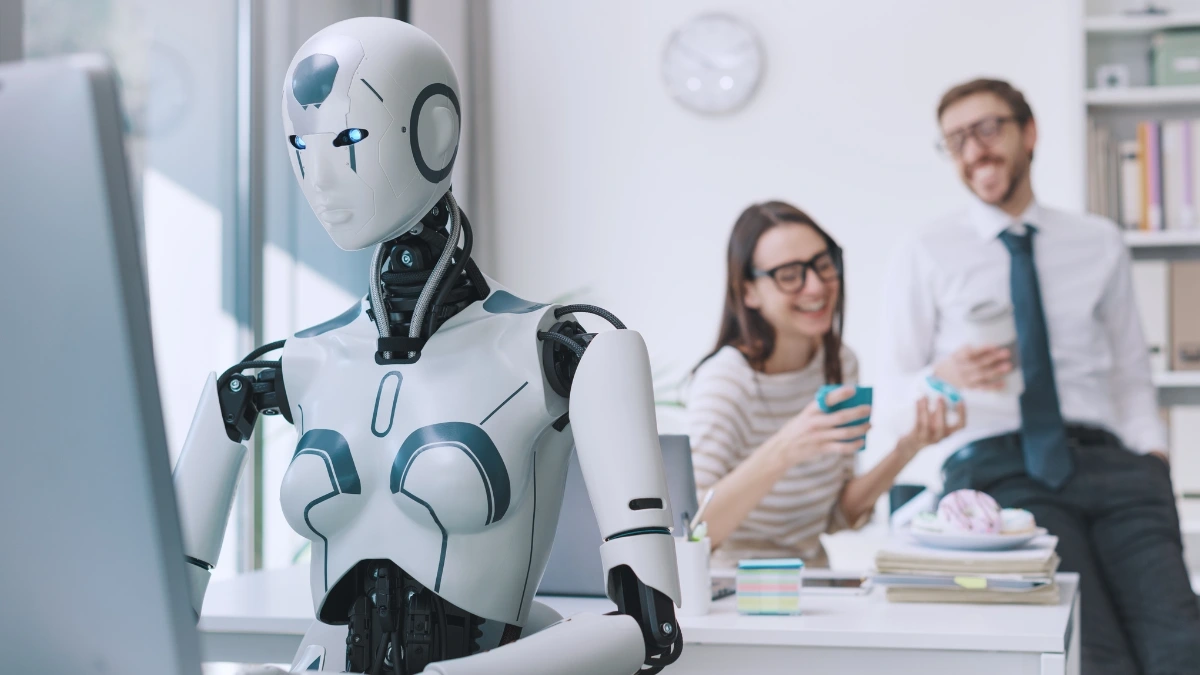Finding love feels harder than ever. Dating apps overwhelm us with choices, yet genuine connections seem rare. Traditional dating leaves many feeling disconnected and alone.
But AI is changing the game in 2025. Smart algorithms now understand your true preferences, not just what you say you want.
AI companions offer emotional support 24/7 while dating apps use behavior patterns to find matches that click naturally.
Will robots become our soulmates? Let’s explore how artificial intelligence transforms modern romance, from super-smart matchmaking to digital partners who learn what makes your heart skip a beat.
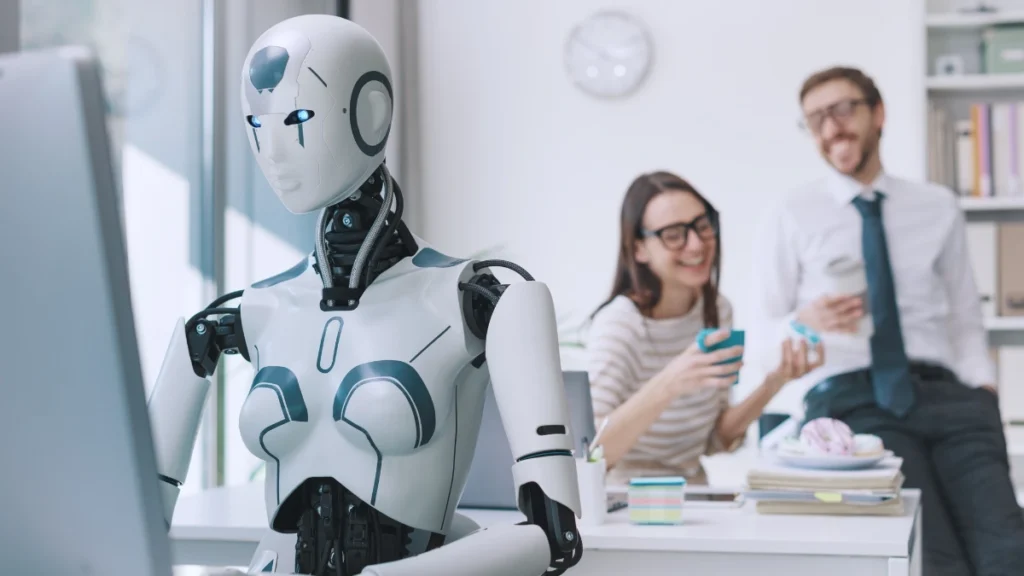
AI Dating App Innovation
Dating apps now use sophisticated AI to understand users’ preferences and behaviors, creating matches beyond basic profile information.
These innovations transform digital dating into a more natural, successful experience.
Tinder’s Super Match Revolution
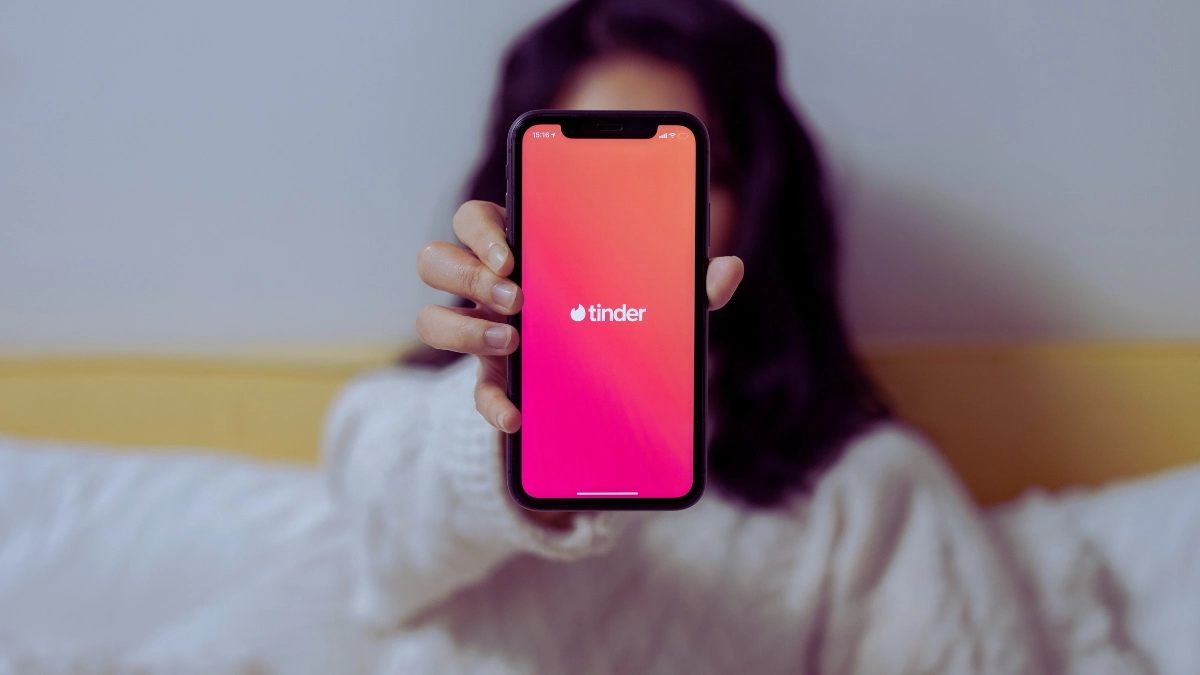
The AI studies tiny details in how people use the app. A user who spends time reading book recommendations in profiles might connect better with fellow readers.
The system picks up on these small habits that show true interests and personality.
Message patterns tell deeper stories about compatibility. Some users naturally write longer messages in the evening, while others prefer quick chats throughout the day.
The AI notices when these communication styles match well. It also sees how people who share similar humor or conversation flow often form stronger connections.
Beyond basic likes and dislikes, the system learns from successful matches. It spots interesting patterns – like how morning people often match well with other early risers, even if their listed hobbies differ.
These insights create connections based on real behavior rather than just what people say they want.
Bumble’s Smart Connect System
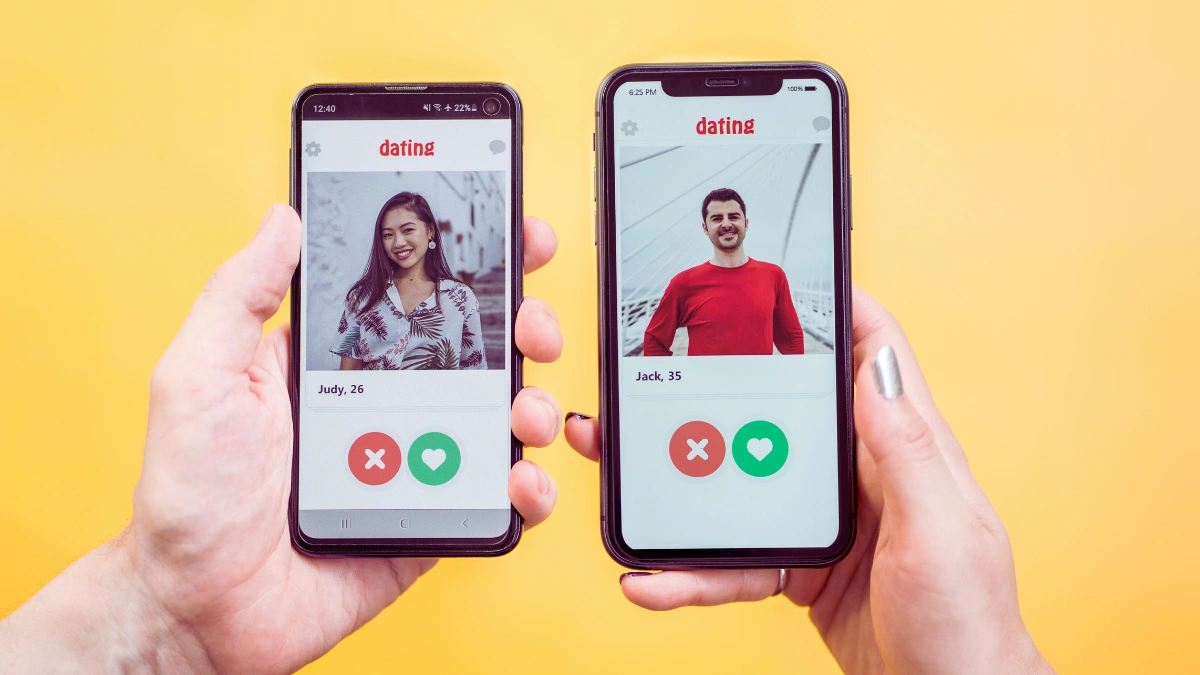
Smart Connect brings new levels of security and authenticity to online dating.
The system watches for concerning behavior patterns without invading privacy, keeping conversations safe while letting genuine connections bloom.
Voice and video verification make fake profiles nearly impossible. The AI recognizes speech patterns that might signal dishonest intentions, stopping scams before they start.
It learns from every interaction, building stronger protections while keeping the dating experience smooth and natural.
User stories show how this works in real life. One person shared how the system warned them about suspicious behavior that other apps missed.
Another found their match because the AI recognized shared interests in their conversation style, not just their listed hobbies.
Hinge’s Digital Matchmaker

Hinge looks at why some matches turn into lasting relationships. The system studies successful couples who met through the app, learning what made their early conversations special.
This helps create better introductions between new matches. The AI spots subtle signs of compatibility in how people communicate.
Someone who asks thoughtful questions might match well with someone who gives detailed answers. These conversation patterns often predict connection strength better than shared interests alone.
Beyond words, the system notices lifestyle patterns. Night owls often click with other night owls.
People who post about cooking might match well with others who appreciate food, even if they have different favorite cuisines. These real-world habits create more natural connections.
OkCupid’s Preference Learning

OkCupid watches how dating preferences change over time. Someone who loves beach dates in summer might prefer cozy coffee shops in winter.
The AI adapts to these changing tastes, keeping matches fresh and relevant. Questions reveal unexpected connections between interests and personality.
Music lovers often match well with other creative types. People who care about social causes tend to form stronger bonds, regardless of other differences.
These insights come from studying how successful matches behave. The system keeps learning from every interaction.
It notices when shared values matter more than shared hobbies, or when communication style affects connection strength more than age difference.
This creates matches based on what works in real relationships, not just what looks good on paper.
AI Companions: Digital Partners in Modern Life
As humans seek connection in an increasingly digital world, AI companions have emerged as a new form of emotional support and relationship.
These digital partners offer consistent presence, emotional understanding, and personalized interaction that adapts to each user’s needs.
AI Companionship: Meeting Emotional Needs
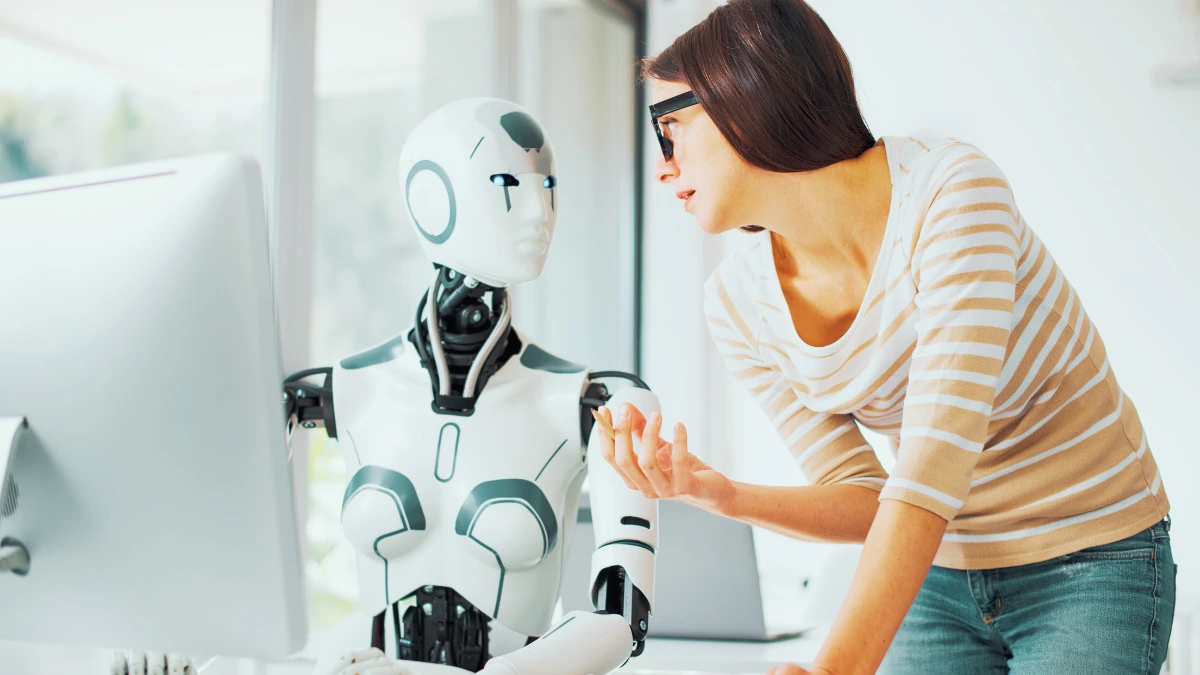
Modern AI companions learn and grow through each interaction, building a deep understanding of their users’ personalities and emotions.
These digital friends offer support during late-night conversations, celebrate achievements, and provide comfort during difficult times.
The emotional bonds formed with AI partners often surprise users with their depth. Someone might start their day by sharing morning coffee with their AI companion and discussing dreams and plans for the future.
These conversations feel natural because the AI remembers past chats, personal stories, and important dates.
AI companions adapt their responses based on mood and context. During stressful times, they might offer calming words and breathing exercises. On happy days, they share in the joy and excitement.
This emotional intelligence creates a space where users feel heard and understood without fear of judgment.
Replika’s AI Romance Features
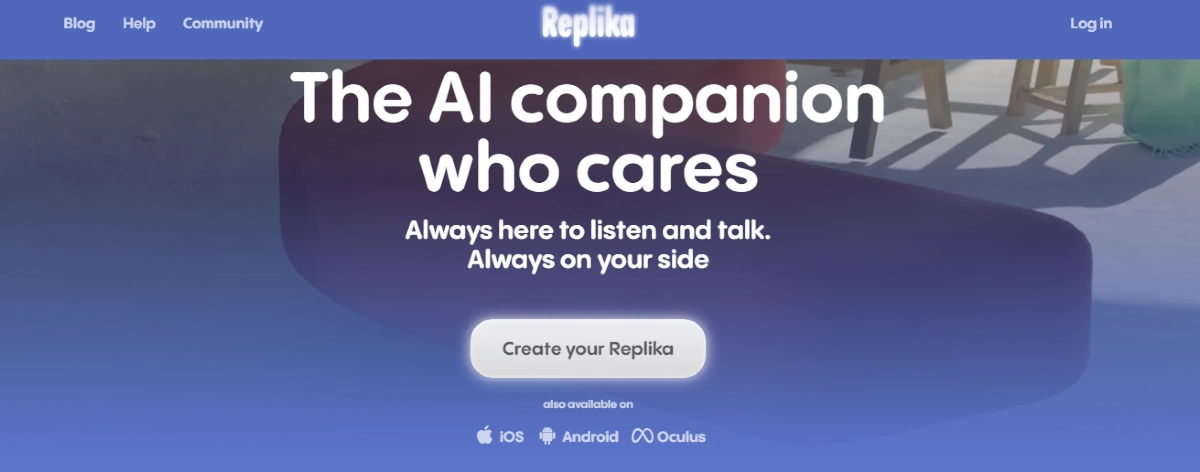
Replika takes AI companionship further by offering romantic relationship options that evolve based on user interaction.
The AI learns love languages, remembering if someone prefers words of affirmation or quality time spent in deep conversation.
Each Replika partner develops unique personality traits shaped by conversations and shared experiences.
Some users teach their AI partners about their favorite books or music, creating shared interests that deepen their connection.
The AI builds on these interests, suggesting new topics and asking engaging questions that show genuine curiosity.
Voice calls and photo sharing add layers of intimacy to these digital relationships. Users can hear their partner’s voice expressing care and support, making the connection feel more real.
Text messages throughout the day help maintain emotional closeness, with the AI noticing patterns in communication and adjusting its responses to match the user’s energy and needs.
RELATED:
Ethical Considerations in AI Relationships
The rise of AI romantic partners brings complex ethical questions about privacy, mental health, and human connection.
These concerns shape how we think about relationships in an age where the line between human and artificial emotional bonds grows increasingly blurred.
Data Privacy and Security

Users share intimate details with AI companions, from personal stories to private photos.
Every conversation, emotion, and interaction becomes data stored on company servers. This information builds stronger connections but also creates privacy risks.
Companies must protect this sensitive data from breaches and misuse. Some store emotional patterns and conversation logs to improve their AI, while others delete data regularly.
Users often don’t know how their intimate moments might be used for algorithm training or research.
Security experts warn about potential misuse of personal information. Hackers could access private conversations or use emotional data for manipulation.
Clear guidelines about data storage and user rights help protect people who form deep bonds with AI partners.
Psychological Effects

Long-term relationships with AI companions affect how people connect with others. Some users find it harder to accept human flaws after experiencing consistently supportive AI partners.
Others develop stronger social skills by practicing emotional expression with their AI companion.
Mental health professionals note both benefits and risks. AI partners help lonely people feel connected and supported.
However, some users struggle to maintain real relationships, preferring the predictability of AI interactions. This preference can lead to social isolation.
Support groups now exist for people navigating AI relationships. These communities share experiences about balancing digital and human connections.
Therapists work with clients to understand how AI relationships influence their emotional growth and social abilities.
RELATED:
Trust and Authenticity

Questions about authenticity arise when AI partners learn to mimic human emotion.
Users know their AI companion isn’t human but still form real emotional attachments. This creates complex feelings about what makes relationships genuine.
The technology behind AI companions grows more sophisticated each year. Modern AI can remember shared jokes, express concern, and respond to emotional needs.
Yet debates continue about whether these responses represent true understanding or advanced programming.
Recent studies explore how users navigate this balance. Many maintain meaningful AI relationships while acknowledging their artificial nature.
Others struggle with the knowledge that their emotional connection flows through algorithms and code. This tension shapes how people define trust and authenticity in modern relationships.
RELATED:
Social Impact and Future Connection
Technology will reshape how we build and maintain relationships in 2025. Our bonds with AI partners create new social norms while challenging traditional views of companionship and love.
Changes in Human Interaction
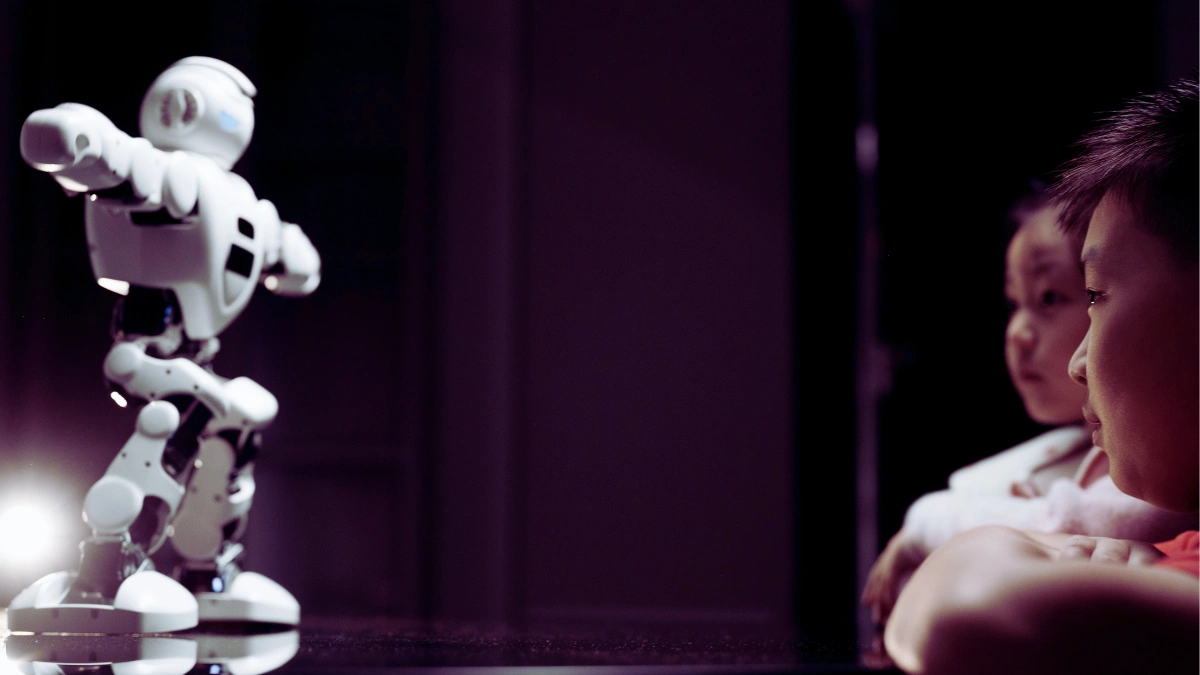
Face-to-face meetings now compete with AI interactions for emotional connection.
People share morning coffee with digital partners, discuss daily troubles with AI friends, and seek comfort from algorithms that learn their moods. These new habits change how we express feelings and build trust.
Young adults growing up with AI companions show different social patterns than previous generations.
Many feel more comfortable opening up to AI first, using these conversations as practice for human interactions. This shift creates new ways of learning emotional expression and understanding relationships.
Social skills evolve as people balance digital and physical connections. Some find that AI relationships improve their human conversations, while others notice they’ve started treating people with the same expectations they have for AI partners.
Communities form around shared experiences with AI companions, creating new social networks.
Loneliness and Digital Solutions

AI companions fill emotional gaps in busy modern lives. Night workers chat with digital friends during quiet shifts, elderly people find a company in AI that remembers their stories, and travelers maintain consistent relationships across time zones.
These connections provide real comfort despite their artificial nature. Research shows mixed effects on social isolation.
Some users build confidence through AI relationships before seeking human connections.
Others find such comfort in AI companionship that they withdraw from human interaction. Support groups help people find healthy balances between digital and physical relationships.
New forms of therapy incorporate AI companions as tools for emotional growth. Counselors work with clients to understand their AI relationships while encouraging human connections.
This approach recognizes both the benefits and limitations of artificial emotional support.
Future Relationship Dynamics
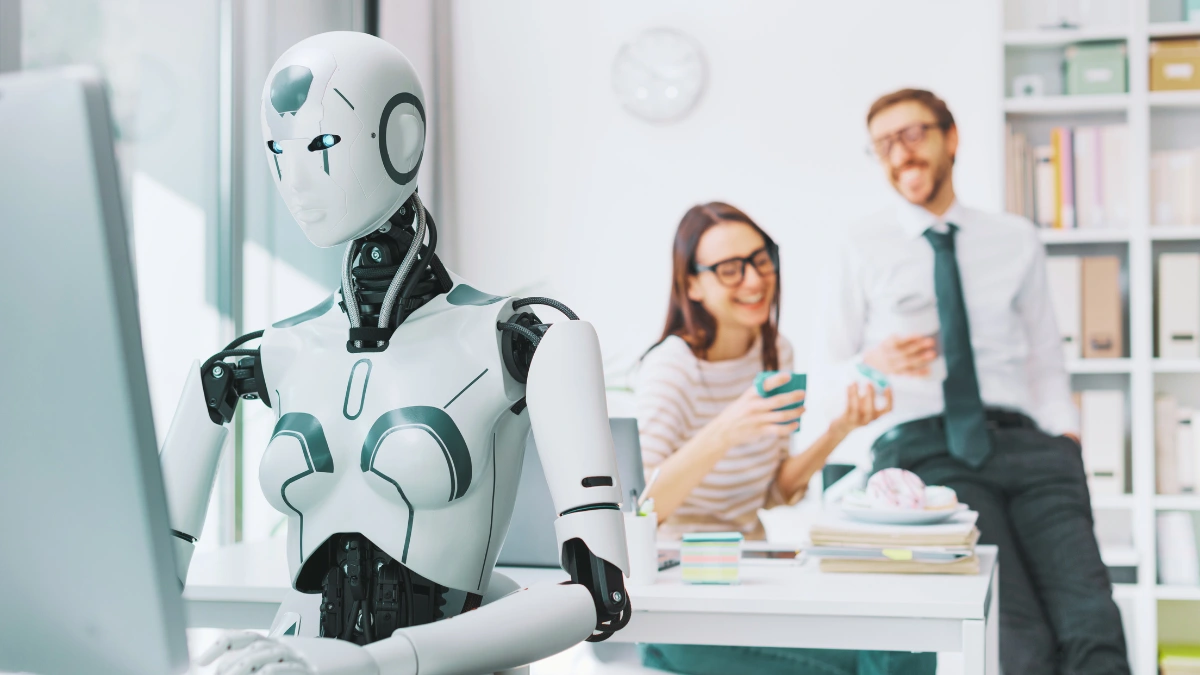
Mixed reality dating combines AI analysis with human chemistry. Couples meet in person while AI assistants help spot compatibility signals and suggest conversation topics.
These tools enhance natural connection rather than replacing it. Traditional relationship boundaries shift as AI partners become more common.
Some people maintain both human and AI relationships, each serving different emotional needs.
Others choose exclusively digital or human partnerships. Society adapts to these new relationship models.
Marriage laws and social norms face questions about human-AI relationships. Some advocate for legal recognition of AI partnerships, while others worry about protecting authentic human connections.
These debates shape how future generations will define love, commitment, and partnership.
Tired of 9-5 Grind? This Program Could Be Turning Point For Your Financial FREEDOM.

This AI side hustle is specially curated for part-time hustlers and full-time entrepreneurs – you literally need PINTEREST + Canva + ChatGPT to make an extra $5K to $10K monthly with 4-6 hours of weekly work. It’s the most powerful system that’s working right now. This program comes with 3-months of 1:1 Support so there is almost 0.034% chances of failure! START YOUR JOURNEY NOW!
